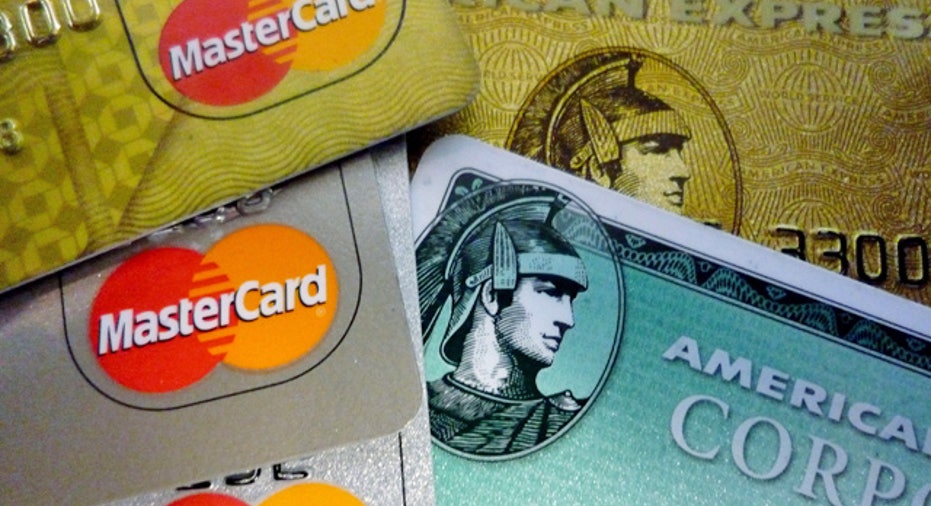Who's to Blame for Mom's Falling FICO?

Dear Credit Score Report,
I've noticed that my FICO score has dropped. My daughter has financial problems and is an authorized used on one of my credit cards. Could her financial problems have anything to do with lowering my FICO score?
-Patti
Hey Patti,
While it is possible your daughter's financial foul-ups are hurting your credit score, before we can assign her blame, you'll need to take a look at your credit reports to identify exactly why your score has dropped.
It is possible that your daughter may have hurt your credit score if she messed up on your shared account by either not paying the bills or charging up a large balance. (If you also share accounts with other borrowers who are authorized users or co-signers, don't rule them out as possible culprits.) As an authorized user on that shared account, your daughter can charge purchases, but it's you -- as the primary cardholder -- who is ultimately responsible for repaying the resulting debt, even if you have given her responsibility for paying the account.
But your daughter may not be guilty of damaging your credit. That's because even if she has gotten into trouble with her own finances, "none of the authorized user's other credit accounts will have any impact on the primary cardholder's FICO score," says Barry Paperno, consumer operations manager for myFICO.com. In other words, it doesn't matter how bad her own finances are; your daughter can only lower your FICO score by misusing that shared account. So how do you confirm her innocence? The most fool-proof solution is to review your credit reports. In addition to highlighting the cause of your falling FICO score, those reports may also provide the key to helping your score recover.
Let's consider the possible reasons your FICO score has dropped:
*Your daughter made some mistakes with that shared account.
*You've made some mistakes yourself.
*There are errors on your credit report.
*You're a victim of identity theft.
To begin your detective work, get free copies of your credit reports from each of the three major U.S. credit bureaus -- Equifax, Experian and TransUnion. (If you aren't eligible for your free annual reports, expect to pay up to $11 per bureau.) As you scan those reports, look for any negative items, such as missed payments, hurting your credit score. The reports may confirm your suspicions that problems with a shared account are damaging your FICO score. Were those problems caused by your daughter? If that's the case, and you don't trust her to change her behavior, you can remove her as an authorized user on those accounts, preventing her from doing any further damage to your FICO score. As the primary cardholder, however, you are still responsible for repaying any outstanding debt on the account, so make sure to pay the bank as soon as you can.
It's also possible that someone -- or something -- else is hurting your credit score. Perhaps you're the one who has made some mistakes. If that's the case, improve your own borrowing approach by reducing your balances, catching up on any late payments and only applying for new loans when they are truly needed. Meanwhile, mistakes by lenders or the credit bureaus could also be lowering your FICO score. If you find any errors on your reports, dispute these mistakes directly with the credit bureaus. After you've done so, wait a month or so and check your reports again to make sure the erroneous items have been removed.
Finally, the damage to your credit score may have been caused by a case of identity theft. If your reports include accounts you never opened or loans tied to addresses you don't recognize, it may be more than a simple error: It could be the work of a scammer who is attempting to rack up debt in your name. If anything on your report suggests ID theft, quickly alert the bureaus to your findings. One of the bureaus can place a fraud alert on your credit report, which makes additional fraud more difficult, and is required to notify the other two bureaus as well. You should also contact the lender associated with that fraudulent account and tell them you are the apparent victim of identity theft.
By taking a look at your own credit report, it will make you a more informed borrower. That increased knowledge can only improve your FICO score.
Good luck!
-Jeremy
More from CreditCards.com:



















